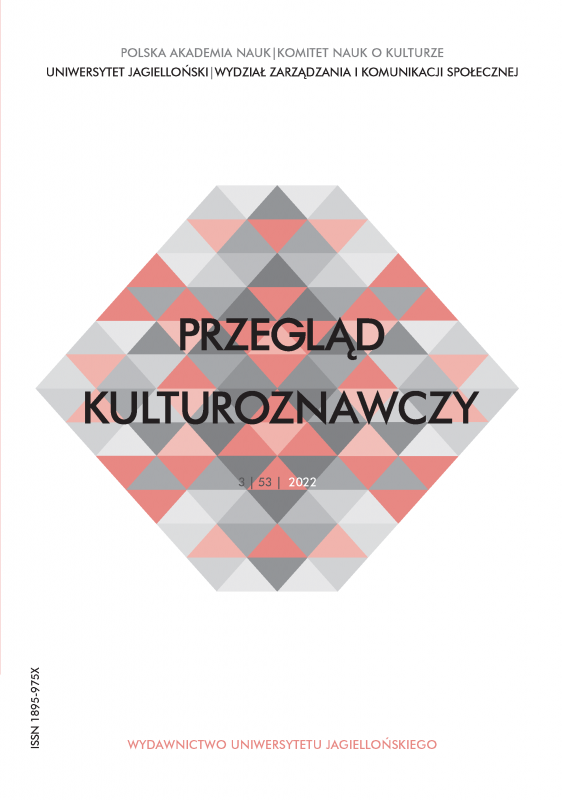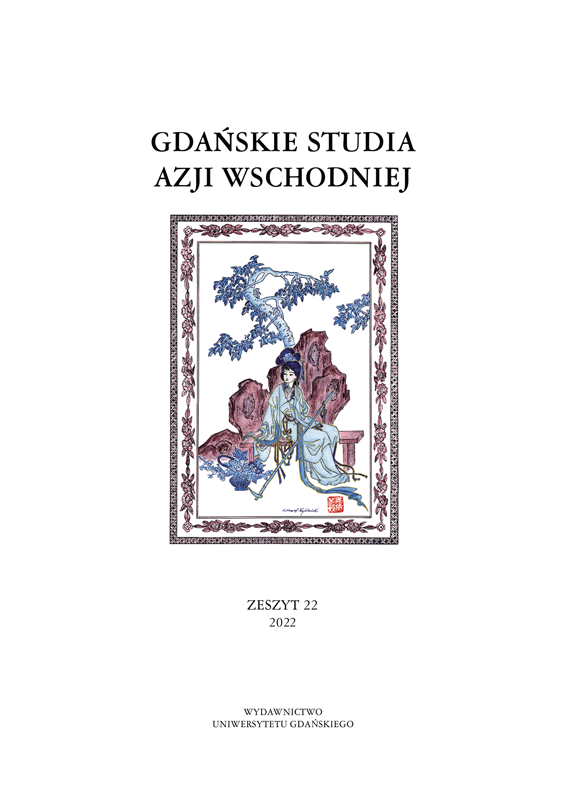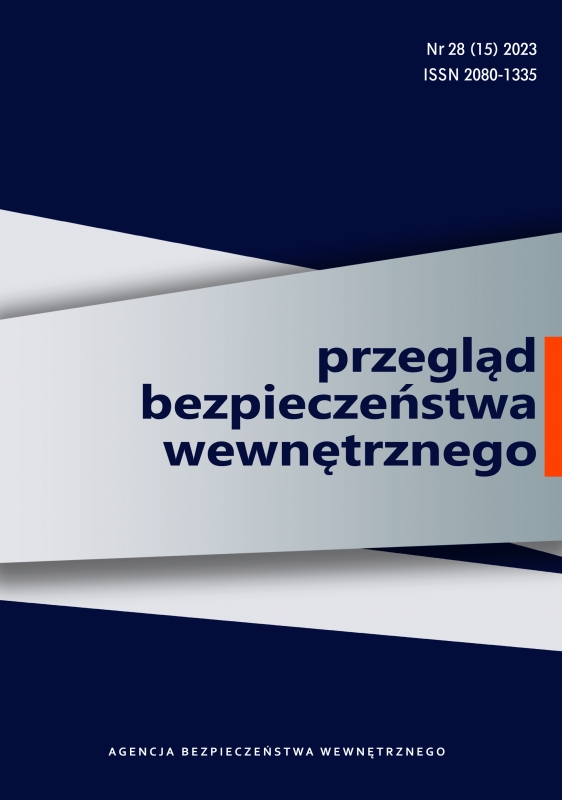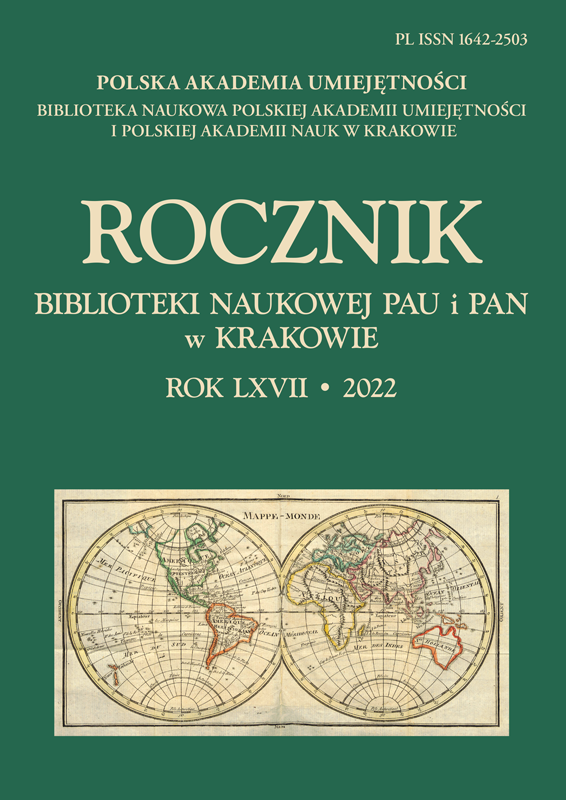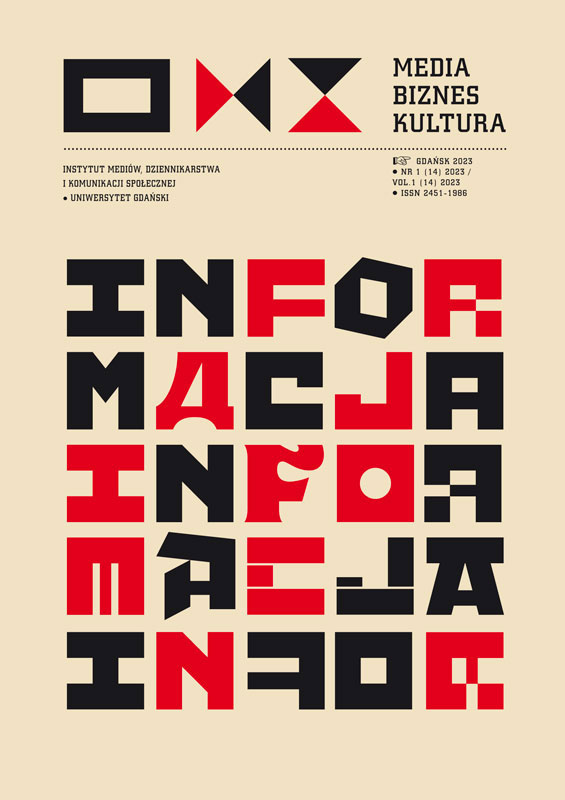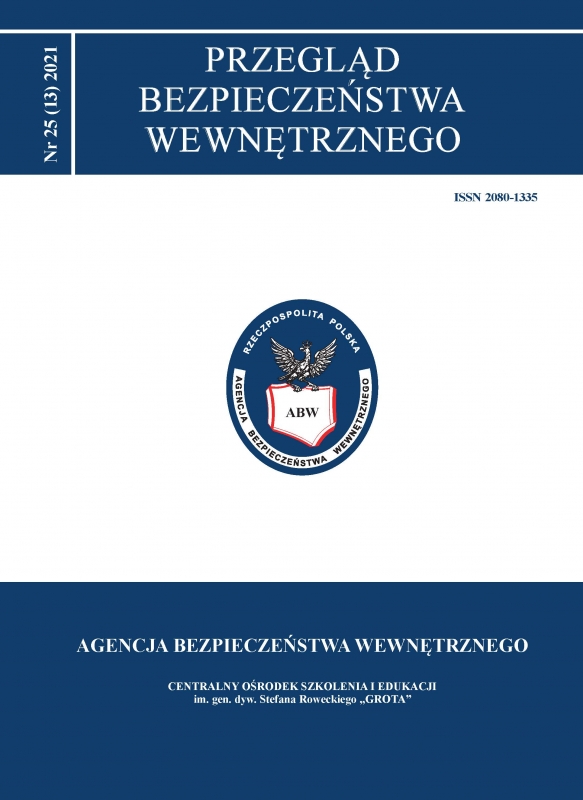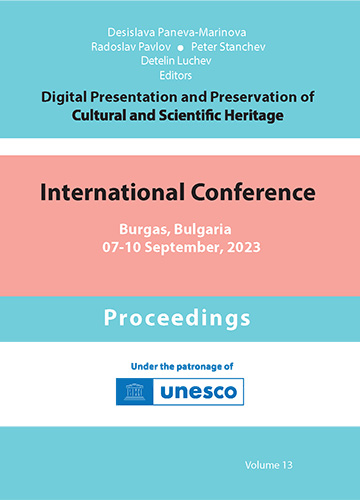БІБЛІОТЕЧНИЙ ФАНДРАЙЗИНГ ПІД ЧАС ВІЙНИ: АКТУАЛЬНІ ПРОБЛЕМИ ТА ШЛЯХИ ЇХ ВИРІШЕННЯ
The goal of the work. The current situation of the Ukrainian library business has worsened significantly as a result of the Russian military aggression, which caused huge human, economic, and cultural losses to Ukraine. The main goal is to analyse the search and use of current possibilities of library fundraising during military operations on the territory of Ukraine. The methodology of writing the article lies in the use of general scientific methods of research: analysis, synthesis, deduction, and induction. In addition, with the help of the axiological method, the change of paradigms in the perception of modern libraries has been traced. Scientific novelty is in determination and selection of ways to implement the little-studied issues of the peculiarities of fundraising work in library affairs during hostilities and martial law. The results of the article will be useful for determining the main directions of work for the future reconstruction of Ukraine's infrastructure. In particular, the problems of the functioning of libraries in wartime conditions are considered in detail, and an analysis of the debatable issues that have been discussed at the round tables is given. Special attention is paid to the study of the activities of the "Library Country" charity fund and other relevant projects in which foreign partners have taken part. Conclusions. The effectiveness of franchising tools for the operation of libraries, providing assistance to librarians and collections affected by the full-scale aggression of Russia has been established. In particular, this was done on the example of the active advisory, legal, and material assistance of the “Library Country” Charitable Foundation. The analysis of the work of this organisation demonstrated the effective support of the library industry against the background of enemy aggression, in particular the possible prospects for its further development. It is obvious that cooperation with foreign organisations will grow in the future, which make it possible to purchase additional equipment for libraries that, as a result of military operations, have changed their traditional role and become powerful centres of communication, social support, and support for IDPs.
More...
